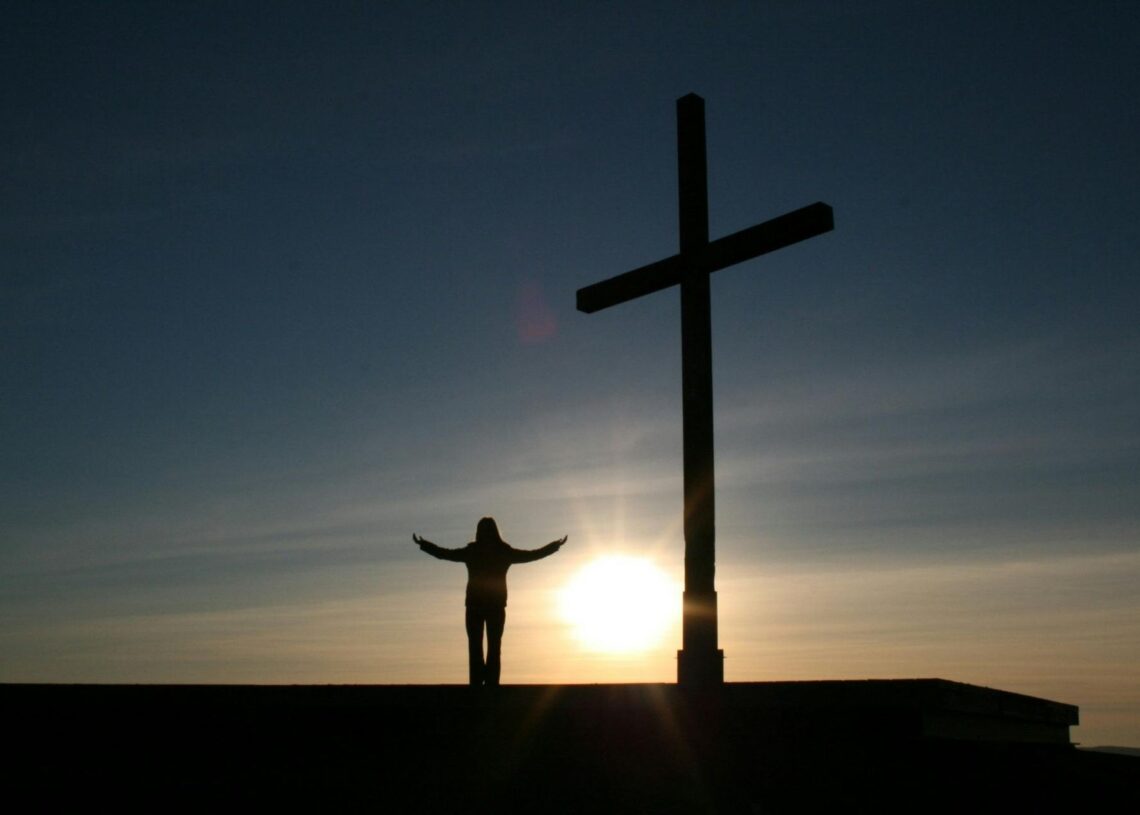In Octavia Butler’s novel “Parable of the Sower,” we meet Lauren, a 15-year-old Black girl whose father is a Baptist preacher. As Lauren navigates the chaos and upheaval of a dystopian society, she realizes that her father’s God is not the same one she knows. She then has the audacity to give God a different name, realizing that the traditional Christian context in which she’s been raised is not for her.
Lauren’s transformation is referenced in Cole Arthur Riley’s book “Black Liturgies,” as an example of what healthy doubt can lead us to in our faith journeys: “[Lauren] understands [religion’s] complicity in the end of her world … She feels that she can no longer approach that kind of religion with self-honesty. She writes, ‘My God has another name,’ and goes on to realize a new form for the divine in her life. … Instead of relinquishing her connection to the divine, she would seek a God of more mystery and healing than she had been given access to.”
Nearly four years ago, my family had our own realization of a new divine when we left the predominantly white evangelical spaces that we’d been a part of since moving to Seattle in 2006. The decision to leave was a gradual one, with awareness coming in pieces about how I could no longer accept certain teachings: the subordinate roles of women not only in the church, but in marriages; the microaggressions and colorblindness around racial identity and justice; the empty words of love toward the LGBTQ community.
I had embraced these conservative beliefs all my life and used them as a foundation for belonging in conservative evangelical spaces. I’d accepted them in sermons and Sunday Schools without question. But now, I felt stifled and often angry. I was tired of hearing about a God who could only speak through men, who cared only about my Christian identity and not the fullness of myself, who shunned people for who they loved — especially when I saw stories in the Bible of a God…
Read the full article here





